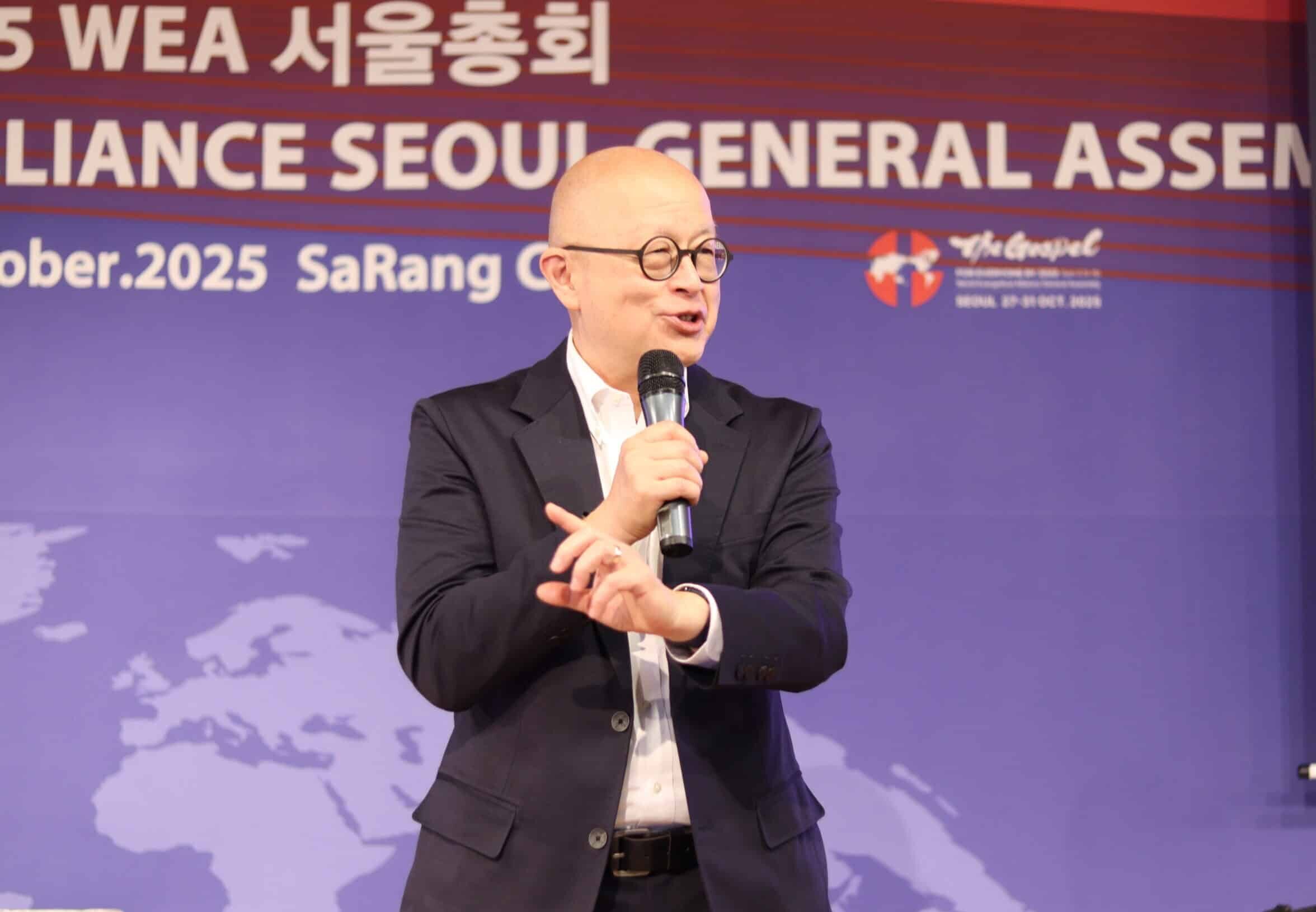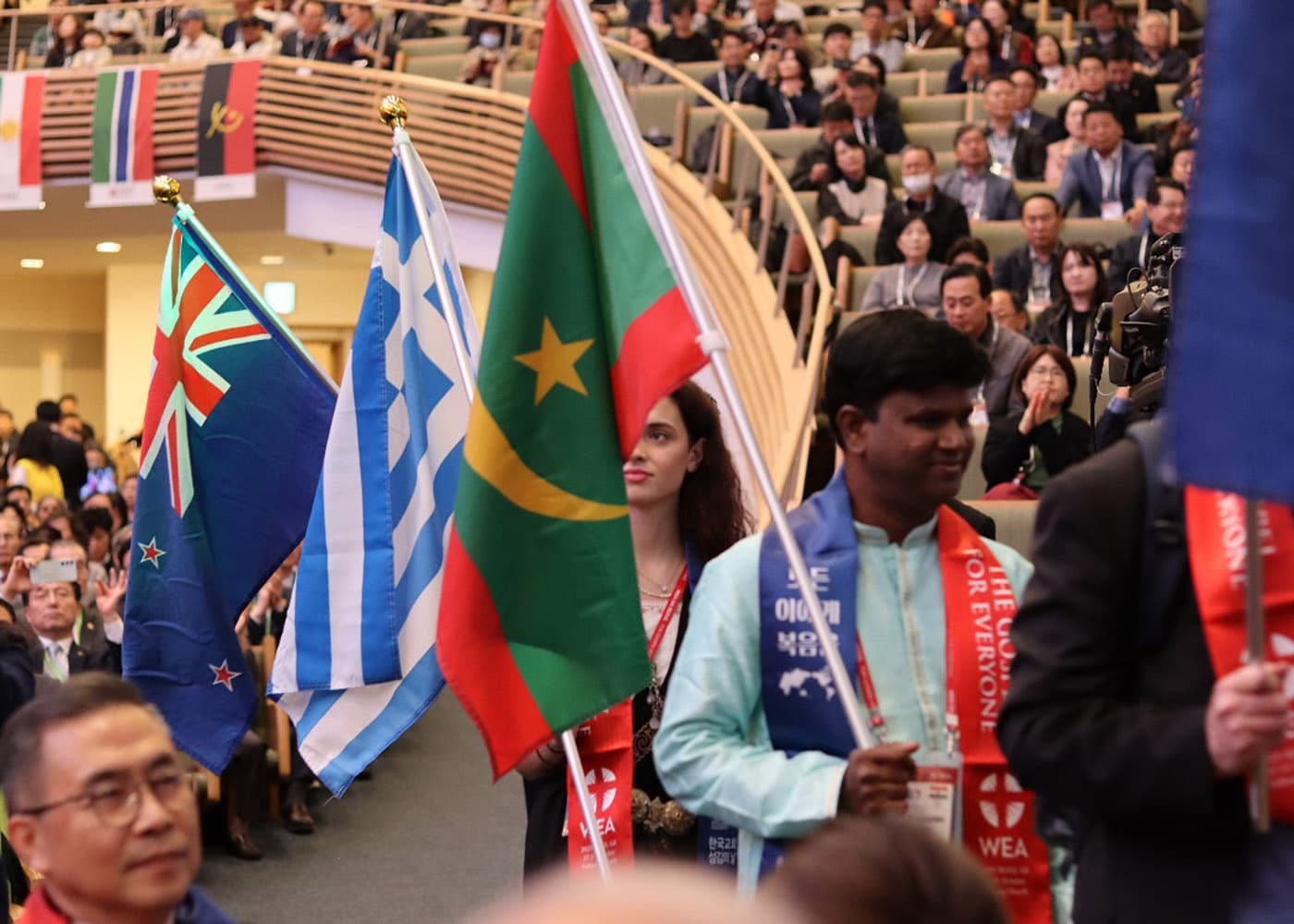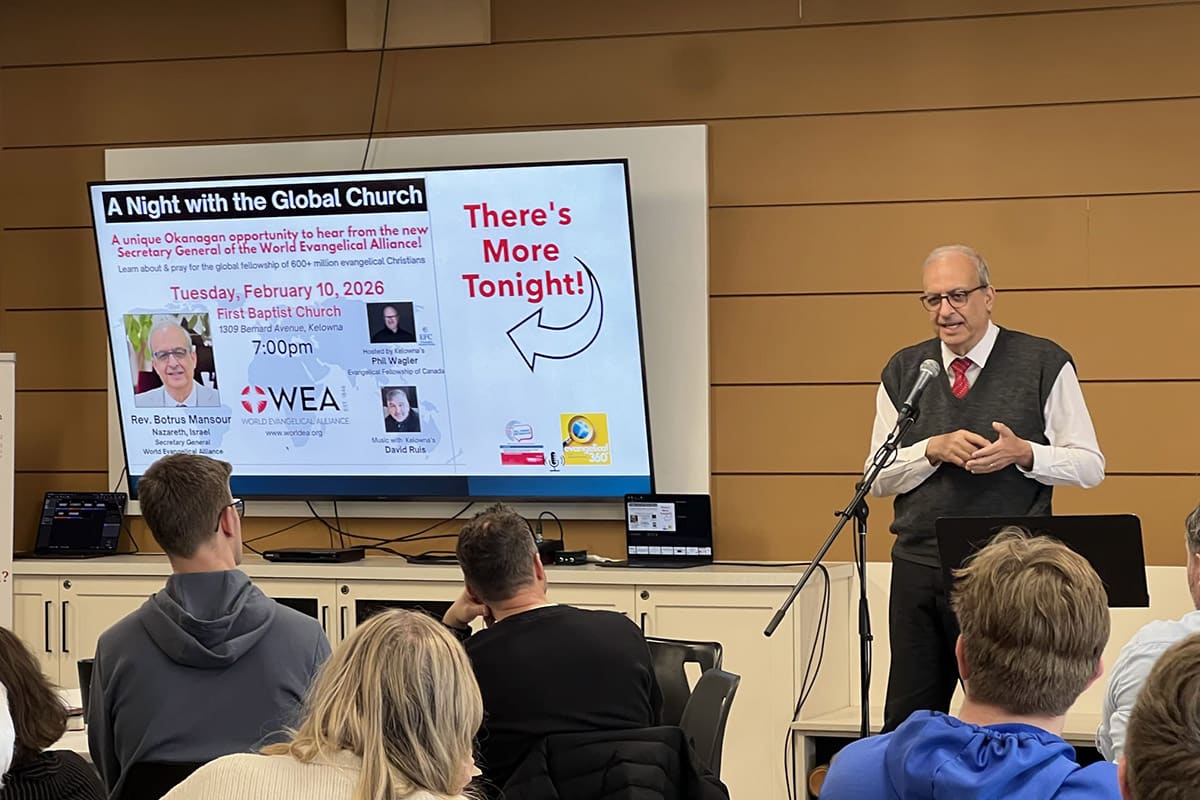One month after the Tribal Peace Conference that was held in Yei, South Sudan, Rev. Aiah Foday-Khabenje, General Secretary of the Association of Evangelical in Africa (AEA) and chairman of the conference, draws some first conclusion: “I believe, the conference was good and needs to be built on,” he says.
About 100 people from the Murle, Dinka, Nuer and Anyuak tribes as well as Local South Sudanese government officials were invited to the three-day conference under the sponsorship of the World Evangelical Alliance (WEA). In order for the conflict to be solved, it was suggested to bring in elders from the grassroots of these tribes.
Rev. Foday-Khabenje commented that the fact that they welcomed the invitation of Bishop Elias Taban from the Evangelical Presbyterian Church (EPC) in South Sudan who initiated and facilitated the conference, was a sign of their commitment to bring about change.
“The conversation started and was calling attention to the fact that the solution to the conflict has to come from within the community,” Foday-Khabenje said. “It brought some awareness to the warring tribes that they need to think of the solution that is within their reach and that outside help is predicated by own solutions.”
On the first day of the conference, Bishop Taban addressed the participants in a similar manner: “We have called this tribal peace conference not to dig into the past problems of Jonglei State. We have not invited you, the four tribes of Jonglei State, to find out who is the criminal; that is not our intention. Our intention is to find out what do we do together to overcome our past. All the wrong things that have happened, what can we do together as the sons of South Sudan and the children of God to make a difference.”
During the conference, the participants were divided into mixed groups to discuss the roots of the problem as well as the way forward. They mostly agreed that ending tribal violence in the region would require improving socio-economic conditions, especially ending poverty and bettering education of the local tribal population.
In another session, each tribe identified one small project that would make a difference in their community and help establish peace. “We need to pray and, in faith, these initiatives will take place and they will have the impact that we want them to have.” Bishop Taban commented. ”But we are not waiting for something that depends on outside support; we are trying to do something using whatever we have and whatever little God has already given us. We truly believe that when we use that wisely for God, he will entrust us with more.”
Now, after one month, Rev. Foday-Khabenje stresses the importance of follow up conferences and the need to support Bishop Taban in his continuous efforts in Jonglei state. “There was a clear desire to host same conferences in the region itself and get the community involved as much as possible,” he said. “There was commitment and willingness of the representatives from the communities to be involved with any such initiatives.” But it has to be alongside the intervention of helping the community with their immediate and long term basic survival needs.
Rev. Foday-Khabenje also reminds of the important role and responsibility of the Church: "It is simply inconceivable that the Church can be in such situations and not seen to be actively involved with the people in overcoming their challenges. Therefore we are very desirous of how we can come alongside the Bishop and around the Sudan Evangelical Alliance for the church to continue to have a meaningful engagement with their community.”
Visit the special page on the South Sudan Tribal Peace Conference
(incl. Video: Peace Talks in South Sudan by Dr. Brian Stiller)
Related Articles
> South Sudan: The World’s Newest Country Seeks Peace
> WEA, South Sudan and Tribes Discuss Ending Violence in Embattled State
> WEA to Host South Sudan Tribal Peace Conference on April 1-3, 2012





Stay Connected